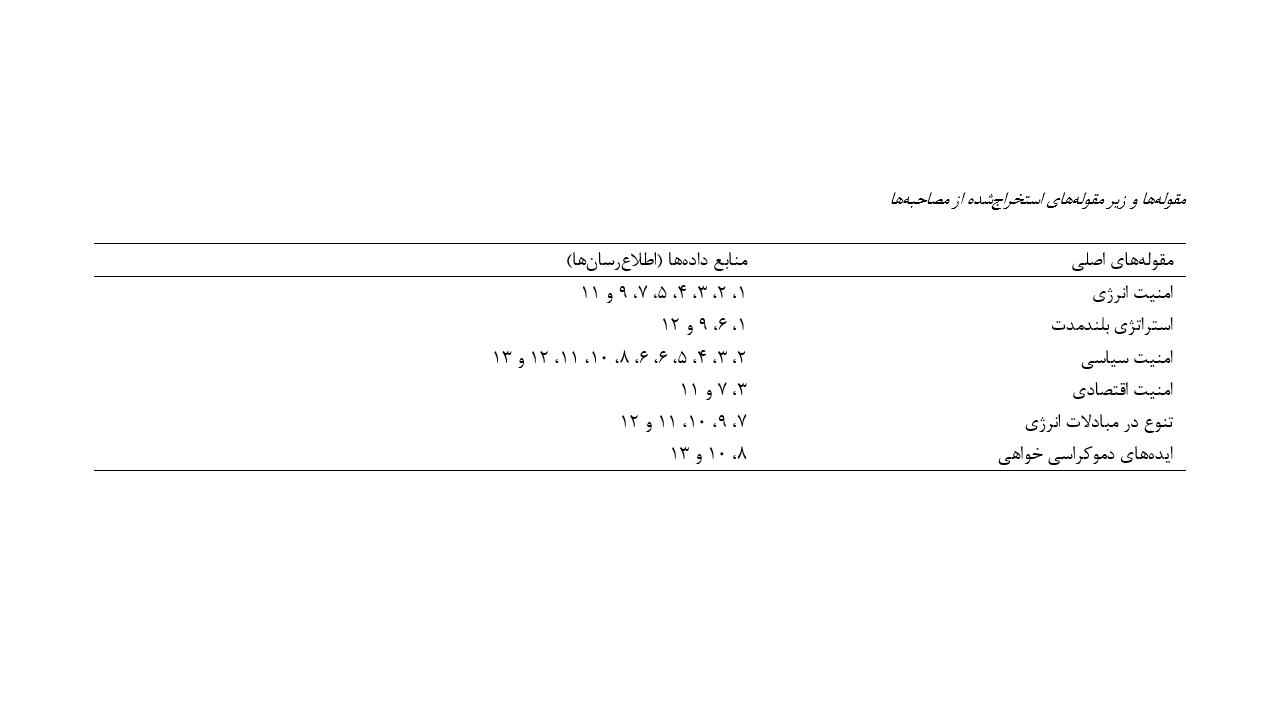The U.S. Approach to Energy Geopolitics in the Caucasus and Its Impact on the Political Economy of Iran and Russia (2000–2024)
Keywords:
Geopolitics of energy, Caucasus, political economy, Iran and RussiaAbstract
The tremors experienced in international relations since 1989 have significantly altered the geopolitical landscape of various regions across the world. Following the dissolution of the Soviet Union, Western countries, aiming to diversify their energy suppliers, signed multiple agreements concerning the utilization of hydrocarbon resources in the Caspian region. The United States actively sought to extend its influence over these areas by aligning disparate systems within its strategic orbit. Thus, although the Caucasus occupies a relatively small geographic area on the world map, the interest in this region far exceeds its physical size, indicating why certain countries strive to redefine their national interests and policy priorities. This region, due to its geopolitical and strategic importance, has consistently experienced fluctuations in relevance relative to the foreign policy agendas of global powers. While the Caucasus was previously on the periphery of international power rivalries, it has now become significantly more important both to neighboring states and to influential extra-regional actors. The crisis in the region has intensified following Russia's war against Ukraine, with the area increasingly influenced by the dynamics of NATO and U.S. relations with Russia. Consequently, a new "Great Game" has emerged in this region, shaped by the legacy frameworks of traditional power rivalries. The main lines of U.S. policy toward the region were formulated in the early 1990s. Following the discovery of substantial oil reserves and the success of agreements between Western oil companies and regional governments, U.S. energy policy shifted toward greater engagement. The Clinton administration designated the exploration and export of Caspian oil as a foreign policy priority, developing strategies to assist and accelerate the rapid development and export of oil to the United States and other Western markets. Over the past two decades, substantial shifts have occurred in U.S. energy policy. Over time, these policies increasingly leaned toward disengagement from energy projects. These significant changes are also evident in the context of U.S. energy policy regarding the Caucasus.
Downloads
References
Aydin, U., & Azhgaliyeva, D. (2019). Assessing Energy Security in the Caspian Region: The Geopolitical Implications for European Energy Strategy. Ideas for Developing Asia and the Pacific. https://doi.org/10.1142/9789811204210_0009
Bednar, D. J., & Reames, T. G. (2020). Recognition of and response to energy poverty in the United States. Nature Energy, 5(6), 432-439. https://doi.org/10.1038/s41560-020-0582-0
Cutler, R. M. (2003). The Caspian energy conundrum. Journal of International Affairs, 89-102.
Goldthau, A., & Youngs, R. (2023). The EU Energy Crisis and a New Geopolitics of Climate Transition. Journal of Common Market Studies, 61(1), 115-124. https://doi.org/10.1111/jcms.13539
Jafari Far, A., & Khani, M. (2021). Competition of Great Powers in the South Caucasus Region. Strategic Environmental Studies Quarterly, 5(3), 43-64.
Japaridze, T., & Roubanis, I. (2013). Tbilisi’s Relevance to Washington: What Is, Where Is, and What Can Be. American Foreign Policy Interests, 35(5), 272-282. https://doi.org/10.1080/10803920.2013.838861
Karpenko, N., & Tkach, I. (2020). Geopolitical perspectives of the triangle “Kyiv-Minsk-Nur-Sultan”, situated on the Chinese “Silk Road” under the “American umbrella”. Political Science and Security Studies Journal, 1(1), 55-60.
Meyssignac, B., Guillaume-Castel, R., Roca, R., & Niculescu, G. V. (2023). Revisiting the global energy budget dynamics with a multivariate Earth energy balance model to account for the warming pattern effect The Geopolitics of Energy in the South Caucasus and the Prospects for Regional Energy Security Cooperation. Journal of Climate, 137, 51. https://doi.org/10.1175/JCLI-D-22-0765.1
Mirashrafi, Kiani, & Shirkhani. (2018). Comparative Study of US and Russian Policies Towards Energy Security in the South CaucasusJO - Quarterly Journal of International Relations Studies. 11(43), 129-165.
Montazemi, & Soleimani. (2011). Russia and Georgia: From Interactions to Tensions. Quarterly Journal of International Relations Studies, 4(14), 117-142.
Saleh, S. S., Nasirov Khudam, E., Ibrahim, I., & Simons, G. (2021). South caucasus and a ‘New Great Game’: the communication of competition in securitised international relations. Journal of Contemporary European, 29(2), 282-294. https://doi.org/10.1080/14782804.2020.1826914
Sari, D. N., Syaharuddin, S., Handy, M. R. N., Rajiani, I., & Subiyakto, B. (2022). The Spirit of Nationalism of the Banjar People on the Proclamation of 17th May 1949. The Kalimantan Social Studies Journal, 4(1), 9-17. https://doi.org/10.20527/kss.v4i1.4970
Schmidt-Felzmann, A. (2019). Between geopolitics and market rules: the EU’s Energy interdependence with Russia. Post-Crimea Shift in EU-Russia Relations: From Fostering Interdependence to Managing Vulnerabilities.
Taheri, A., & Farhmand, B. (2015). The Role of Interaction and Confrontation between US and Russian Foreign Policies in the Development of the South Caucasus Region: A Case Study of Energy . Specialized Quarterly Journal of Political Science, 10(29), 139-181.
Yazdani, A. A., Aeinvand, H., & Bagheri Ajieh, A. (2017). The Role of America and Russia in the Geopolitical Crises of Georgia and Ukraine. World Politics, 5(4), 259-261.

Downloads
Published
Submitted
Revised
Accepted
Issue
Section
License
Copyright (c) 2025 مهدی ظاهری کاشانی (نویسنده); ارسلان قربانی شیخ نشین (نویسنده مسئول); گارینه کشیشیان سیرکی (نویسنده)

This work is licensed under a Creative Commons Attribution-NonCommercial 4.0 International License.







